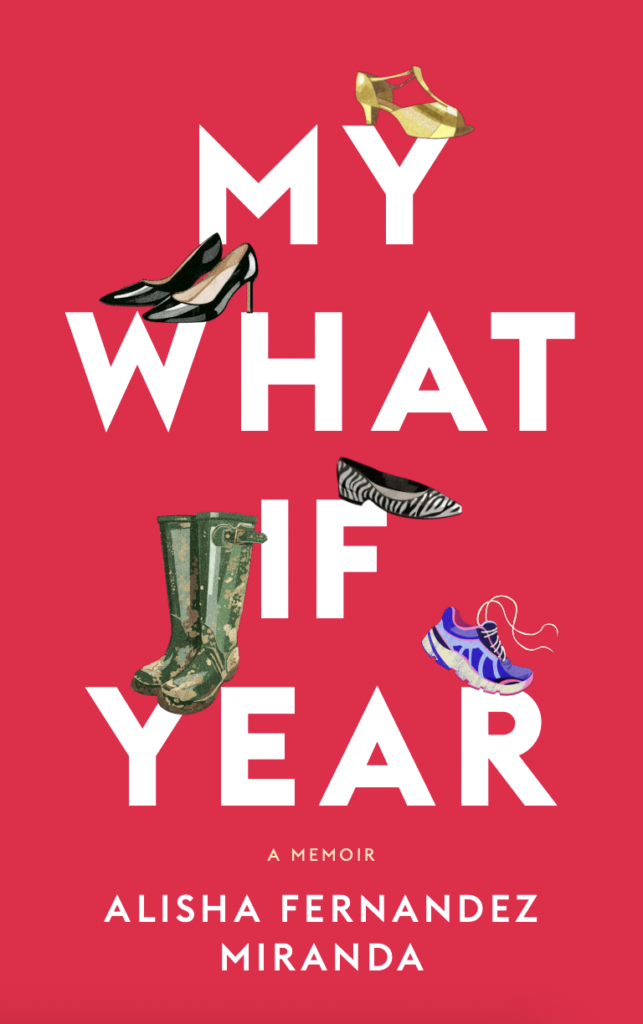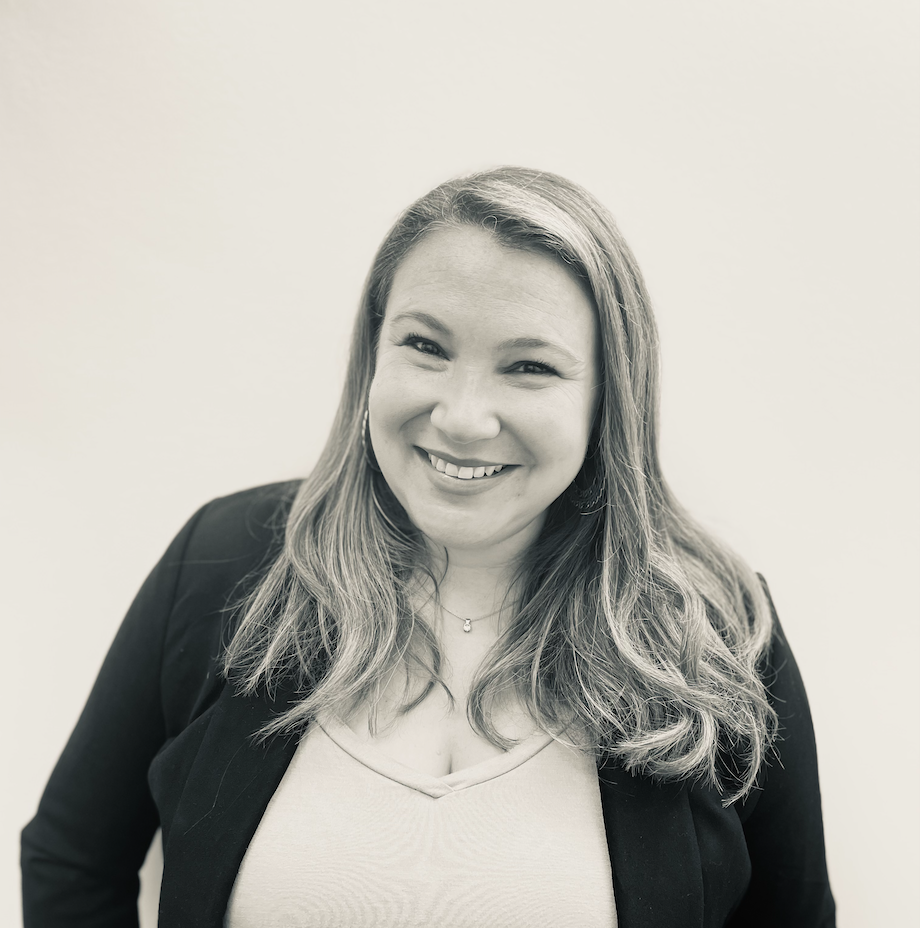At last, I “had it all”: an expanding business, a family, my dream life in London. And I thought I was happy. I told everyone I was happy. But over time, like a boulder slowly eroding as it’s crashed upon by waves until it’s no more than a pebble, I came to realize that I really, really wasn’t.
Work plus life had gradually become so intense that some mornings I thought about the sheer number of tasks required to keep the business and family afloat that day and fantasized about getting back into bed, burrowing into one of the air pockets deep under the duvet, and doing nothing but watching season 4 of Gilmore Girls on repeat for the rest of my life. I would start trying to practically assess my chance of getting Carlos to install an IV drip for sustenance next to my bed, before I would realize that of course I couldn’t do that. I had to get up, respond to emails, deal with HR issues, meet with clients to sell them some business, solve their problems, pick up the kids, make a stupid piece of macaroni art, cook dinner, and then do it all again the next day.
I had overcommitted but told myself that maybe if I still loved my job—really loved it, like I once did way back in my twenties and even my early thirties, when I found the pressure exhilarating and got a buzz from making a sale or a warm glow from a client’s praise—I wouldn’t feel so awful. But I didn’t, and it was tough to admit, especially since I had spent so long working toward this one point. Making some sort of major pivot would seem like I had wasted time when I should have been doing something else.
What else? I didn’t know. But really, maybe anything else. I had fallen into a life that was not what I wanted and I couldn’t see any way to escape from it without tossing a live grenade into the carefully constructed world I had built for myself and my family. I loved my husband and my children and they loved their lives. They were happy, even if I wasn’t. I couldn’t just uproot everyone to move to Mumbai for a year to pursue my lifelong dream of Bollywood stardom, or transfer us all to Tokyo while I made a case for casting me as Ariel on the Disney parade route. Not without making everyone miserable, decimating our family finances, and jacking up the kids’ future therapy bills to astronomical heights. I was stuck.
One more thought haunted me, a deep and dark one that came unwelcome in the hopeless hours just before sunrise when you’re sure the day will never come. I was careening toward forty, and I was terrified of becoming what I had always feared since the first time I saw American Beauty as an impressionable seventeen year old: a sad, miserable, crying-in-the-shower middle-aged woman whose best years were behind her and who spent all her time dreaming about the what-ifs of her past and wishing, desperately, that she had chased them down. If I didn’t do something now, she would be me. I was already crying into my coffee. I was halfway there.
Over and over, I heard the same tiny question in my head: Is this it? It wasn’t that I didn’t have enough or even that I didn’t have everything I wanted. The problem was that I did have everything I wanted—or that I had thought I wanted, that I had worked toward so arduously and for so long. Everything that everyone I respected in my life—especially my parents and grandparents before me—had hoped I would have.
But what if this was all I was ever going to achieve? Was I finished trying new things, having new experiences, getting those butterflies in my tummy when I was nervous about pushing my own boundaries? I worried that I had made all the big decisions I was going to make, took the big risks, and that everything was going to be the same from here on out.
As soon as I allowed myself to spiral down that rabbit hole of misery, I immediately felt painfully and viscerally guilty. Poor, privileged, spoiled brat, miserable because she got what she wanted and now she wants more. How dare I? After everything that had been sacrificed for me to get where I was, I deigned to want something different. I felt awful, and then felt awful for feeling awful.
As consultant, as a CEO, as a mom, it had been my job to fix everything, manage everything, organize everything, and present a solution. But here I was with a problem I couldn’t solve. And the fear—the cold, gripping terror that I would never be able to solve it, that I would always feel unhappy, that my days of challenges and excitement at the prospect of waking up in the morning to start a new day were over—was real and ever present.
I didn’t hate my job. My job was empirically very cool. I was essentially giving away other people’s money to good causes. I liked my volunteer roles, supporting nonprofits that helped a lot of people. I loved my husband and my kids and planning pancake breakfasts for my fellow school moms. Each thing on its own was fine. But the combination felt crushing.
Maybe I couldn’t chase Bollywood stardom or become a Disney princess for the long term. But I could do that—or something like it—for a month at a time. A short vacation from my job, a small hiatus from my real life. An internship.



